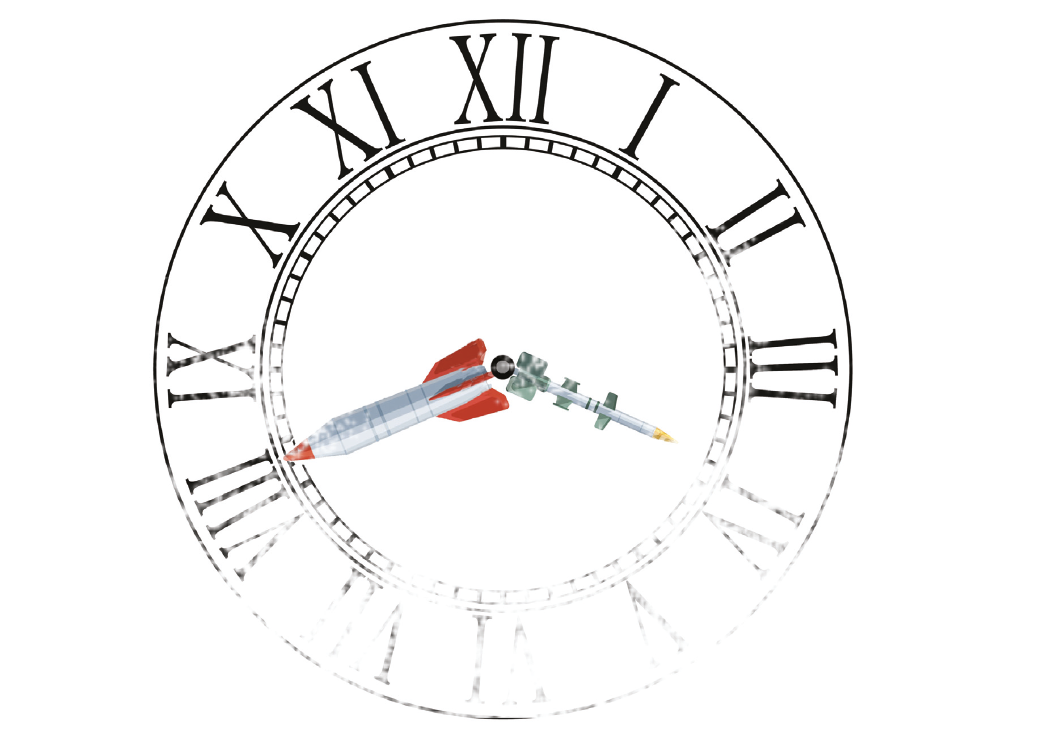
War Time: Temporality and the Decline of Western Military Power (Brookings Institution Press, 2021)
This edited volume by CWS experts Sten Rynning, Olivier Schmitt, and Amelie Theussen makes the case that perceptions of time contributed to recent Western military failings. Due to the situation in Afghanistan the publisher Brookings Institution Press and Chatham House have permitted us to provide you with a free sample chapter of the book; chapter five by Kathleen J. McInnis "Civilian Casualties and Contemporary Coalition Operations: The Case of Afghanistan" (pp. 115-137). [The free sample period has now ended]
The “decline of the West” is once again a frequent topic of speculation. Often cited as one element of the alleged decline is the succession of prolonged and unsuccessful wars—most notably those waged in recent decades by the United States. "War Time: Temporality and the Decline of Western Military Power" (part of the Chatham House Insight Series) examines not only the validity of the speculation but also asks why the West, particularly its military effectiveness, might be perceived as in decline.
Temporality is the central concept linking a series of structural fractures that leave the West seemingly muscle-bound: overwhelmingly powerful in technology and military might but strategically fragile. This temporality, the authors say, is composed of three interrelated dimensions: trajectories, perceptions, and pace.
First, Western societies to tend view time as a linear trajectory, focusing mostly on recent and current events and leading to the framing of history as a story of rise and decline. The authors examine whether the inevitable fall already has happened, is underway, or is still in the future.
Perceptions of time also vary across cultures and periods, shaping socio-political activities, including warfare. The enemy, for example, can be perceived as belong to another time (being “backward” or “barbarian”). And war can be seen either as cyclical or exceptional, helping frame the public’s willingness to accept its violent and tragic consequences.
The pace of war is another factor shaping policies and actions. Western societies emphasize speed: the shorter the war the better, even if the long-term result is unsuccessful. Ironically, one of the Western world’s least successful wars also has been America’s longest, in Afghanistan.
This unique book is thus a critical assessment of the evolution and future of Western military power. It contributes much-needed insight into the potential for the West’s political and institutional renewal.
FREE SAMPLE Chapter 5: "Civilian Casualties and Contemporary Coalition Operations: The Case of Afghanistan" by Kathleen J. McInnis
In chapter five of the book, Kathleen explores the role of norms of civilian protection in the case of Afghanistan. She analyzes how different perceptions of time among allies and between the tactical and strategic levels exacerbated the potential for civilian casualties in NATO’s engagement in Afghanistan, despite a strong and increasing focus on norms of civilian protection. Her chapter cautions that focus on the minimization of civilian casualties can distract from fundamental questions such as campaign strategy and management; a distraction such as this increases campaign duration, which in turn increases the potential for civilian casualties - and undermined Western efforts in Afghanistan.
You can read and download Kathleen's chapter here. The free sample period has ended, you can buy the book here.
About the author: Kathleen J. Mcinnis is a nonresident senior fellow with the Scowcroft Center for Strategy and Security at the Atlantic Council.
Book details: 334 Pages; Brookings Institution Press, March 2, 2021; Paperback ISBN: 9780815738947; Ebook ISBN: 9780815738954
You can read more about the book and where to purchase it here.
About the editors:
Sten Rynning is professor of war studies at the University of Southern Denmark.
Olivier Schmitt is professor with special responsibilities at the Center for War Studies, University of Southern Denmark, and currently director of research and studies at the French Institute for Higher National Defence Studies.
Amelie Theussen is assistant professor at the Center for War Studies, University of Southern Denmark.